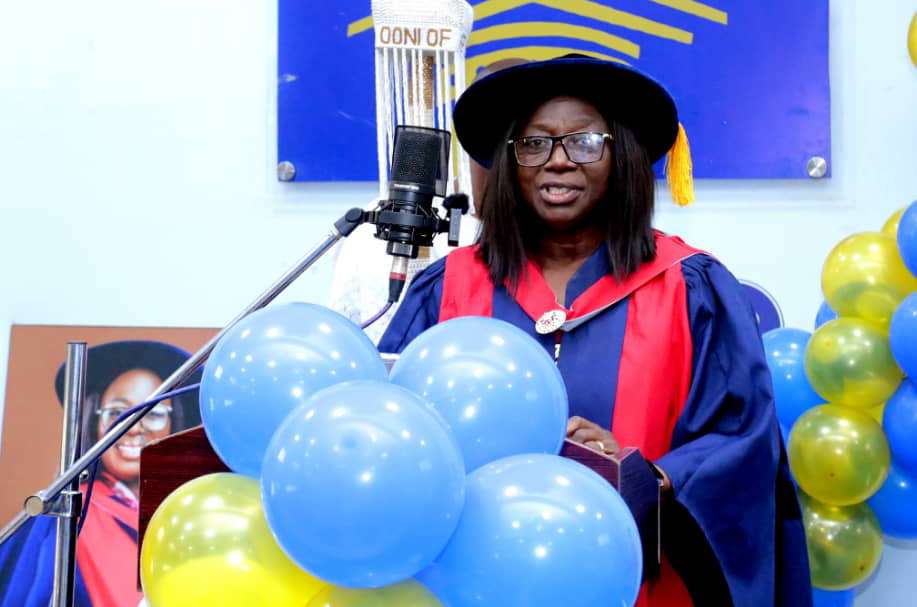Nation
Expanding copyright act key to boosting performers’ rights in Nigeria’s creative industry – Prof. Odunaike

Nigeria’s creative industry continues to expand in size and global influence, but performers are still not receiving fair economic value for their work due to gaps in legal protection and enforcement, a leading intellectual property expert, Prof. Dorcas Odunaiake, has said.
Speaking during the 56th inaugural lecture of Babcock University at Ilishan-Remo, Ogun State, Prof. Odunaiake called for updates to the 2022 Copyright Act to strengthen performers’ rights, particularly in the age of artificial intelligence, deepfake technology, and widespread digital content sharing.
She noted that Nigeria’s creative sector contributes about ₦154 billion to the economy and provides jobs for more than 4.2 million people across Nollywood, music, fashion and digital entertainment. Despite this, many performers still struggle to earn sustainable income from their work.
“Challenges such as piracy, bootlegging, unauthorised distribution, and the digital exploitation of music and video continue to undermine performers’ earnings,” she said. “The Copyright Act made progress, but performers’ rights are still treated as secondary to those of authors.”
Prof. Odunaiake raised concerns about emerging technologies, especially deepfakes, which can reproduce an artist’s voice or likeness without consent, posing new risks to their image and livelihood. The global nature of digital platforms, she added, has also made it harder to enforce rights across borders, as countries operate under different related rights laws.
She recommended that the Copyright Act be updated to clearly cover performances created or distributed using new technologies, and urged stronger enforcement mechanisms to track and prevent exploitation online. She also called for greater awareness among performers about their rights and how to protect them.
Prof. Odunaiake further proposed independent annual reviews of licensing organisations to enhance transparency, as well as amendments to ensure Nigerians benefit from digital performance royalties earned in other parts of the world.
“Digital performances today represent more than artistic expression – they carry real economic value,” she said. “Improving protection for performers will not only benefit individual artists but also strengthen the overall growth of Nigeria’s creative economy.”


